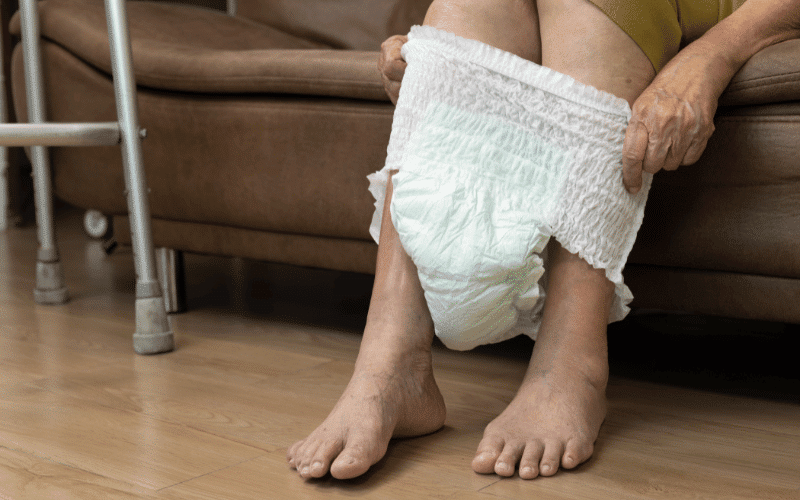Fact 6. Role of Non-Pharmacological Interventions in Managing Dementia-Related Incontinence

While medication can play a role in managing dementia-related incontinence, non-pharmacological interventions are often the first line of defense. These interventions focus on addressing the physical and behavioral aspects of incontinence without relying on medication.
One key non-pharmacological strategy is the use of assistive devices. For example, incontinence pads or adult diapers can provide a sense of security for individuals with dementia, reducing anxiety about potential accidents. Bed pads and chair pads can also protect furniture and make clean-up easier.
Another strategy involves behavioral interventions, such as bladder training or toileting assistance. Bladder training involves teaching the individual to delay urination and gradually increase the time between bathroom visits. Toileting assistance involves prompting or helping the person to use the bathroom regularly to prevent accidents.
Environmental modifications can also support incontinence management. Making the bathroom more accessible, providing clear signage to the bathroom, and ensuring adequate lighting can all help an individual with dementia navigate their environment more effectively. (6)